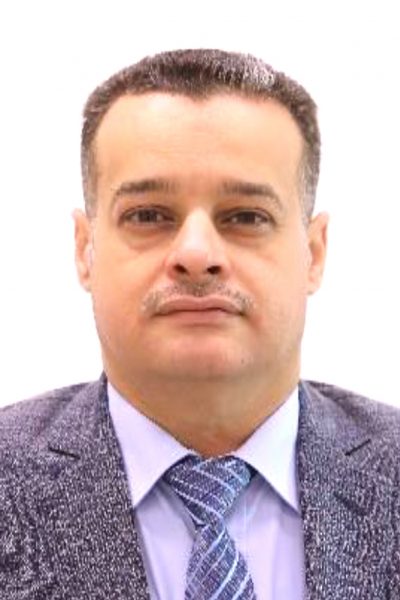Towards internationalization of higher education in Bahrain
By Dr Yasser Gomaa
The concept of Internationalization has been applied effectively in the field of education since the beginning of the eighties, as it has been linked with other concepts such as global education and multicultural education.
At the beginning of the twentieth century, another set of concepts related to the concept of internationalization, including education across countries, education without borders, and transcontinental education, have emerged.
Noteworthy, the process of internationalizing higher education comprises a set of activities and services that integrate a multi-cultural international dimension in teaching and research in the higher education institutions, such as promoting cooperation in the domain of scientific research, sharing research facilities, co-authoring research publications, the inclusion of international perspectives in the curricula, encouraging teaching staff members and students to acquire a second and a third language, the mutual recognition of the academic credit hours and the equivalence of certificates and scientific degrees at the international level among higher education institutions, and the purchase of local universities by foreign investors.
Many studies have concluded that there is a close relation between internationalization and the achievement of scientific leadership for higher education institutions; as they confirm that the use of internationalizing strategies effectively in the higher education institutions provides them with a global competitive ability, and turns them into prestigious scientific institutions of a global nature. Based on the foregoing, it is clear that internationalization is a successful mechanism in transforming higher education institutions from being a mere national institution to becoming a global institution capable of giving an international dimension to all aspects of the system that work in an integrated manner, which contributes to enhancing the quality of the teaching and learning process and the development of the required competencies.
Hence, I call upon the higher education institutions in Bahrain that should not confine themselves to the local space. They should disseminate the culture of internationalization, and develop educational programs and activities aiming at increasing the awareness of their students and preparing them to accept cultural differences and trends that urge international solidarity and understanding of other cultures and equip them with skills and competencies that qualify them to cope with the international context. Besides, they should establish centres for internationalizing and marketing their programs regionally and internationally.
Moreover, they should motivate their students to learn foreign languages, which is one of the essential steps towards the internationalization frame. Language, in this case, is not only a means of communication but rather a means of grasping the cultures of other peoples. Of importance, also, is that they should be fully aware that internationalization is one of the most influential factors in the international rankings of higher education institutions.
On top of that, I call on the higher education institutions in Bahrain to set up viable plans which aim at enhancing cooperation between them, developing their institutional capabilities, expanding the adoption and employment of multiple strategies of internationalization, upgrading their efficiency and competitive ability at the international level to be compatible with the requirements of internationalization, adapting the contemporary world trends in various academic and research spheres, and taking advantage of the opportunities offered by globalization.
This is to step up the attractiveness of higher education in Bahrain to foreign students and to keep pace with the new global climate of higher education.
This is, also, to realize the lofty Royal vision of His Majesty, the Redeemed king of the country, Hamad bin Isa Al Khalifa, and in accordance with the directives of His Royal Highness Prince Salman bin Hamad Al Khalifa, the Crown Prince and the Honorable Prime Minister. May Allah bless and preserve them.
The author Dr Yasser Gomaa is an Associate Professor of Linguistics at the University of Bahrain and is a British Higher Education Academy Fellow. The views and opinions expressed in this article are those of the author and do not necessarily reflect the official policy or position of the Daily Tribune
Related Posts


